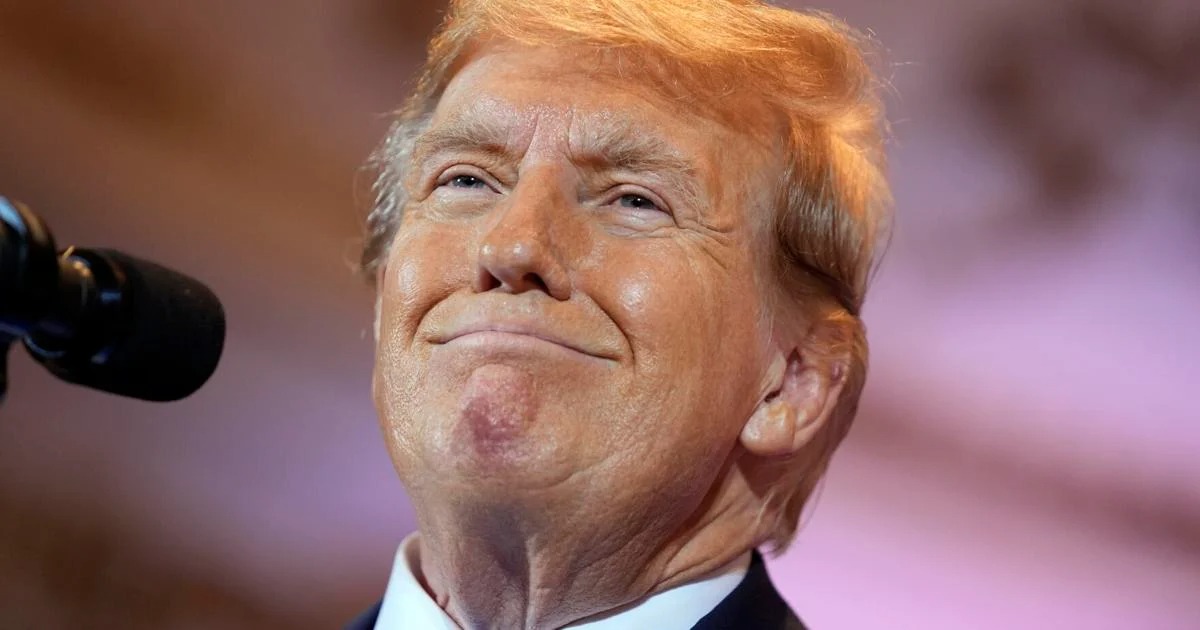The recent U.S. Supreme Court ruling on Monday, allowing former President Donald Trump to appear on ballots despite Section 3 of the 14th Amendment, which bars prior insurrectionists from holding office, did not come as a surprise.
The ruling clarified that while states can bar their own officials on these grounds, the application of this amendment for federal offices is the responsibility of Congress.
The attempt to bar Trump from running for president based on his actions on January 6 was seen as a Hail Mary by some. It was clear that allowing some states to bar him while others allowed his name on the ballot would create chaos and likely lead to partisan conflicts.

The Supreme Court’s unanimous decision, striking down the Colorado Supreme Court ruling, puts this issue to rest. It’s worth noting that the three liberal justices joined in this decision, showing that this was not a partisan issue. Trump, in turn, should recognize that not everything is a conspiracy against him.
He did show some magnanimity in response to the ruling, which is commendable. However, his reaction to adversity often reveals his more problematic side.
Whether Trump runs for president is up to the voters, which is a fundamental aspect of democracy. The ruling respects this principle while clarifying the role of the states and Congress in such matters.


